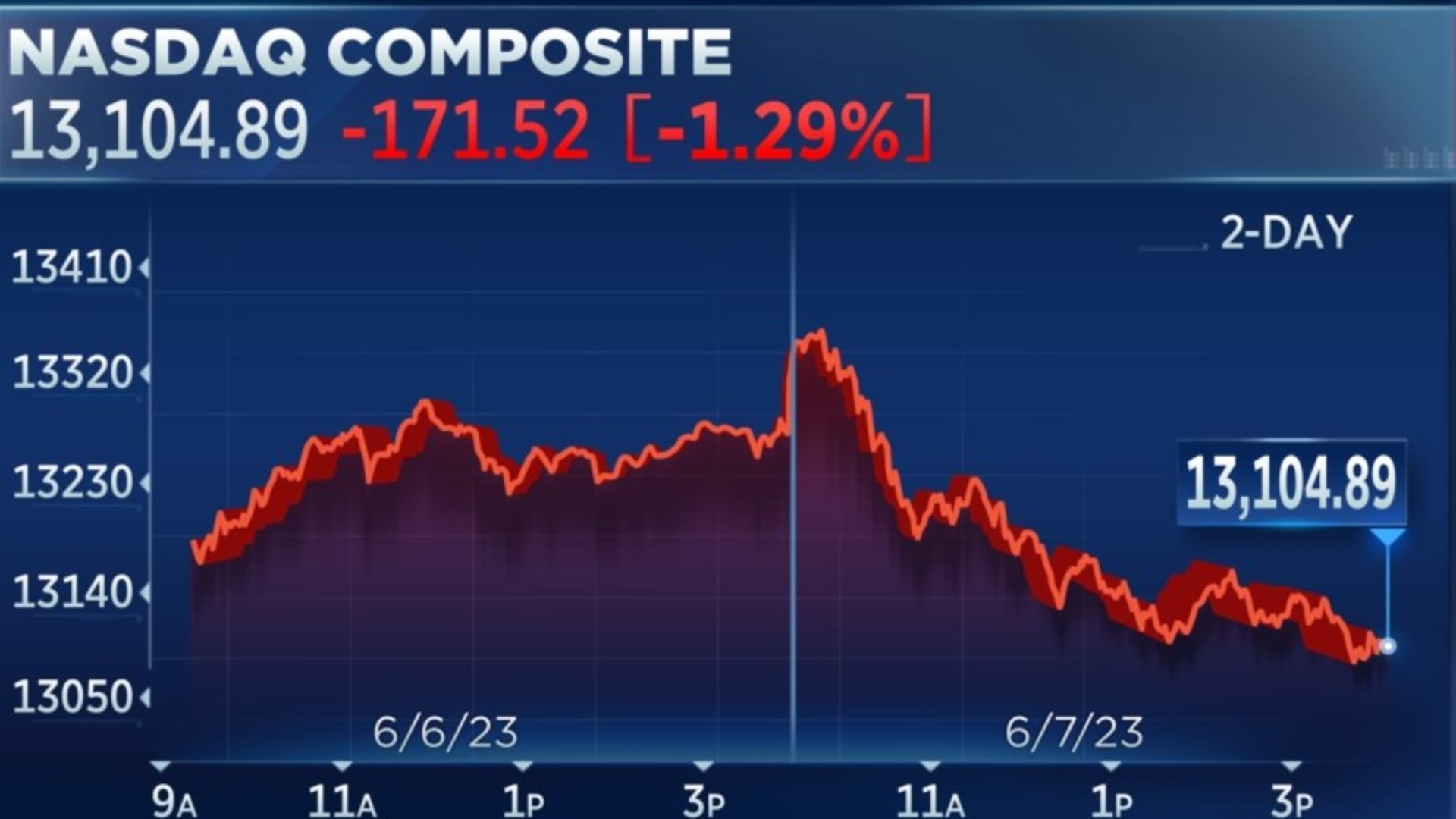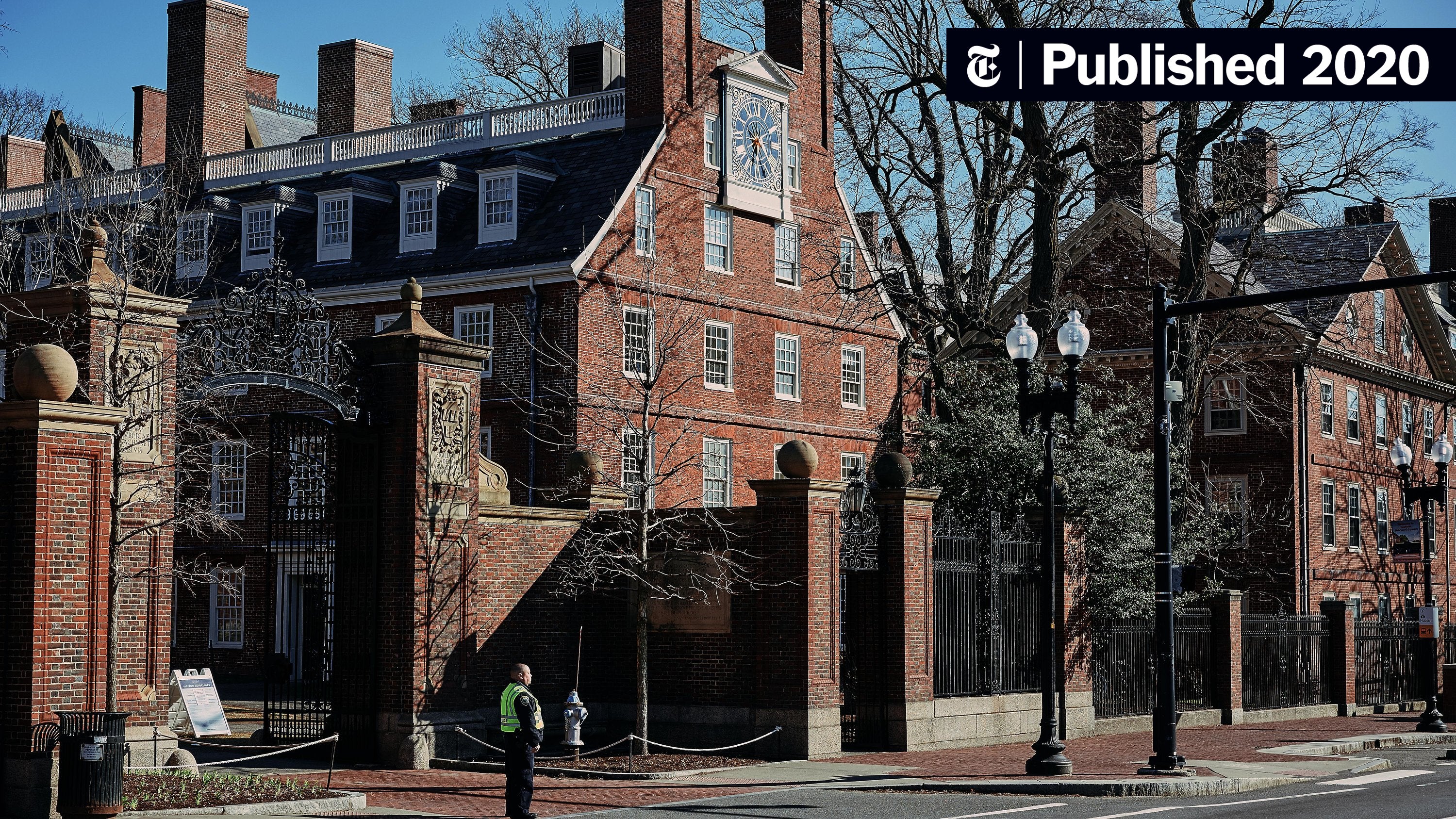Harvard Faces $1 Billion Funding Cut Under Trump Administration

Table of Contents
The Magnitude of the Proposed Funding Cut and its Sources
The proposed $1 billion cut to Harvard's federal funding represents a significant blow to the university and the higher education system as a whole. This figure encompasses reductions across various sources, impacting crucial areas of the university's operations. While the exact breakdown wasn't publicly specified at the time, it's reasonable to assume a substantial portion came from reductions in research grants, particularly those awarded by the National Institutes of Health (NIH) and the National Science Foundation (NSF), which are major funders of scientific research at Harvard. Further cuts likely affected Department of Education grants supporting student aid and financial aid programs. Specific programs at Harvard impacted could include those focused on biomedical research, climate change studies, and social sciences. Historically, federal funding has played a vital role in supporting Harvard's research endeavors and providing opportunities for students from diverse backgrounds. The proposed cuts represent a dramatic shift from this established support.
Potential Impacts on Harvard's Research and Academic Programs
The potential $1 billion funding cut poses a severe threat to Harvard's research capabilities and academic programs. The reduction in research grants could lead to:
- Halting or delaying crucial research projects: Many ongoing research projects, especially those in fields like medicine and engineering that are heavily dependent on federal grants, might face delays or even termination. This would stifle scientific progress and innovation.
- Reduced faculty positions and graduate student opportunities: The loss of funding could force Harvard to reduce faculty positions, potentially impacting both tenured and untenured professors. Fewer faculty members would mean fewer opportunities for graduate students, limiting their access to mentorship and research experiences.
- Diminished innovation and groundbreaking discoveries: Research is the engine of innovation. The proposed funding cuts directly threaten Harvard's capacity for groundbreaking discoveries and its ability to contribute to the advancement of knowledge.
- Damage to Harvard's reputation and global standing: Harvard's reputation as a leading research institution is partly built on its consistent production of cutting-edge research, funded in part by federal grants. A significant reduction in research capabilities could damage its global standing and competitiveness.
The Ripple Effect: Consequences for Students and the Broader Higher Education System
The proposed cuts to Harvard's funding have significant ripple effects beyond the university itself. These effects include:
- Increased tuition fees and reduced student aid: To offset the funding loss, Harvard might be forced to increase tuition fees, making higher education less accessible and affordable for low-income students. Reductions in financial aid packages would further exacerbate this issue.
- Reduced accessibility to higher education: The decrease in financial aid could disproportionately affect students from low-income backgrounds, potentially limiting their opportunities for higher education. This would worsen existing inequalities in access to higher education.
- Negative impact on the broader higher education landscape: If the proposed cuts set a precedent, other universities and research institutions across the nation could face similar reductions in federal funding. This would destabilize the entire higher education ecosystem.
- Potential political responses and counter-arguments: The proposed cuts have ignited intense debate and spurred significant opposition from various stakeholders, including educators, students, researchers, and politicians. Many argue that reducing funding for higher education undermines national competitiveness and progress.
Alternative Funding Sources and Strategies for Mitigation
Faced with the potential $1 billion funding cut, Harvard possesses considerable resources to mitigate the impact. These include:
- Utilizing its substantial endowment: Harvard possesses one of the largest endowments among universities globally. A portion of this endowment could be used to offset some of the funding loss, though this approach carries its own set of considerations.
- Increasing private donations and alumni fundraising: Harvard could launch intensive fundraising campaigns to solicit donations from private individuals, corporations, and alumni. These efforts would require significant outreach and engagement strategies.
- Implementing cost-cutting measures: Harvard might need to explore various cost-cutting measures, but this must be done strategically to avoid sacrificing academic quality and essential services.
Conclusion
The proposed $1 billion funding cut to Harvard under the Trump administration represents a serious threat to the university's research capabilities, student access, and the broader higher education landscape. The potential impacts on research, student aid, and the overall academic community are significant and far-reaching. This drastic reduction highlights the crucial need for sustained federal investment in higher education. Stay informed about this issue and advocate for policies that support vital research and educational opportunities. Contact your representatives to voice your concerns and learn more about how you can help prevent further cuts to Harvard and other universities. Support for higher education funding is vital to securing America's future.

Featured Posts
-
 Bof As View Why Elevated Stock Market Valuations Arent Necessarily A Risk
Apr 22, 2025
Bof As View Why Elevated Stock Market Valuations Arent Necessarily A Risk
Apr 22, 2025 -
 Search Monopoly Case Google And Doj Head Back To Court
Apr 22, 2025
Search Monopoly Case Google And Doj Head Back To Court
Apr 22, 2025 -
 Trade And Tariff Worries Impact Stock Market Todays Dow Futures
Apr 22, 2025
Trade And Tariff Worries Impact Stock Market Todays Dow Futures
Apr 22, 2025 -
 Trump Administrations 1 Billion Cut To Harvard Funding Amidst Growing Conflict
Apr 22, 2025
Trump Administrations 1 Billion Cut To Harvard Funding Amidst Growing Conflict
Apr 22, 2025 -
 Chainalysis Expands Ai Capabilities With Alterya Acquisition
Apr 22, 2025
Chainalysis Expands Ai Capabilities With Alterya Acquisition
Apr 22, 2025
